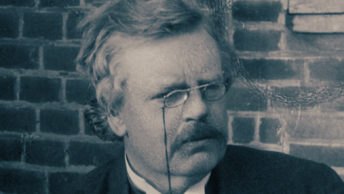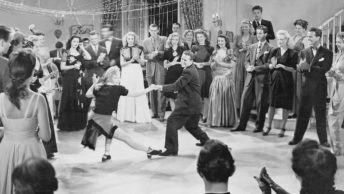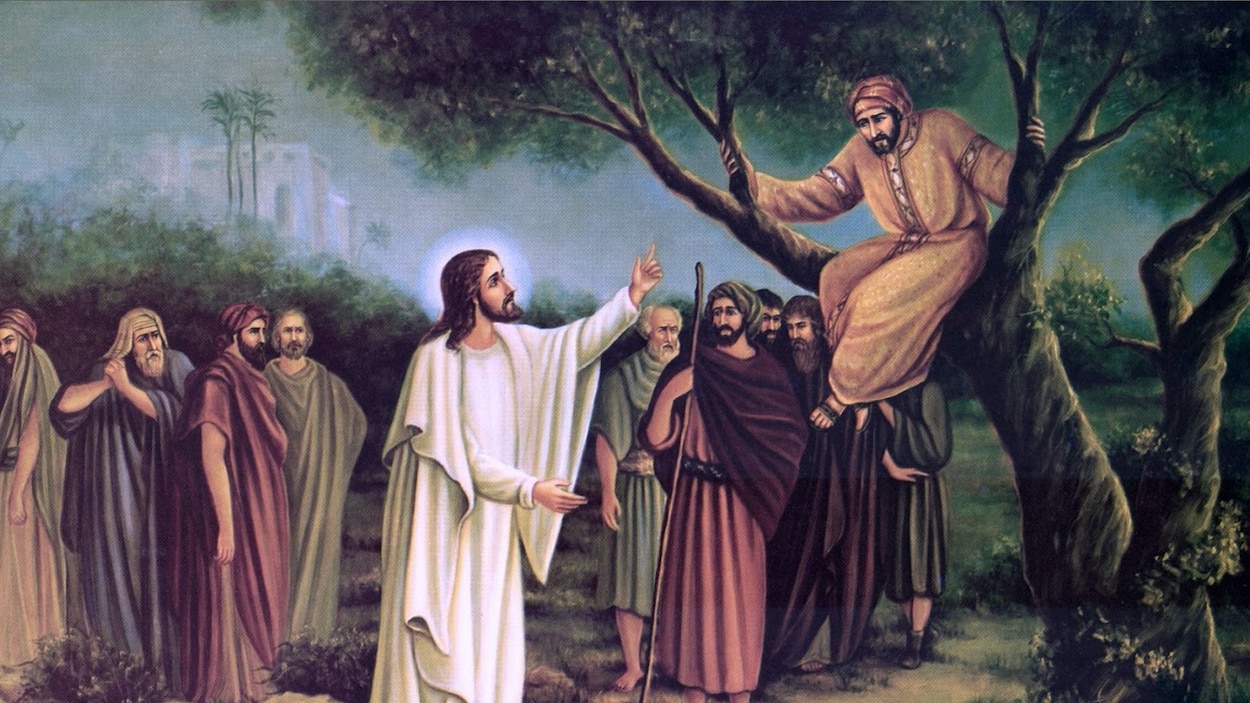This witty message was printed on a bumper sticker: live in such a way that your pastor won’t have to lie at your funeral. Who wrote it must have been thinking about goodness of the heart, the amount of good we should leave behind to better the life of others.
If our funeral were in three days what would our pastor include in the list of good deeds we have done? What would he say that we have done with our five loaves and two fish? Unquestionably, it takes a lot of inner motivation, deep faith and sincere love to give up our five loaves and two fish in a deserted place, after a full day without food intake, totally gripped listening to Jesus.
The readings for the 18th Sunday in Ordinary Time stress real situations in spite of which we are asked to do good, to share, to reach out, to really care. When Jesus was asked by John’s emissaries if he was the Messiah, the one sent by God, his reply gave direct evidence that, for God, those in “deserted places,” those in real, appalling straits have the good news preached to them. (cf. Matthew 11:5)
In the History of Salvation this has been God’s consuming concern.
In stark contrast, those who have the means to enjoy worry-free lives; those adequately or even generously satiated by what the world has to offer; those counting the days until their next extravagant purchase designed to keep them happy, do not feel any need to have the good news preached to them. Thankfully, lest we are tempted to envy them, Isaiah warns us that their bread doesn’t fill; their wages fail to satisfy.
St. Paul, in his Letter to the Romans, dares to remind us of those who are even worse off than the poor addressed by the prophet Isaiah, including those who are in financial straits. He addresses those in anguish over devastating losses; those under severe distress for a sudden life-threatening illness; those whose safety is at immediate risk; those confused, disoriented, helpless, in desperate situations, including those who are totally worn out by the uncertainties created by the coronavirus.
And so, Isaiah and Paul prepare us for Jesus’ address.
Jesus has words so enthralling for those who have been in dire need of comfort, reassurance and new purpose in life that they followed him for a whole day into a deserted place, without water, without food. Our parking lot has been freshly paved and we have followed Jesus into this air-conditioned church; but that doesn’t mean that we do not fall into one of the categories mentioned in these readings.
Perhaps we are financially strapped. We cannot make overdue payments; hence, we get so obsessed with our impossible financial situation that just about everything the Gospel offers to sustain our spiritual life is pushed on the backburner. It is a true eye-opener to experience how severe financial straits can devastate all aspects of one’s life, one’s family, one’s human relationships and even one’s interaction with God.
If our finances are decent or good, perhaps we might be undergoing a tremendous spiritual turmoil. Perhaps we feel walled in by an unbearable situation with no apparent way out. Or, inexplicably, we might now find ourselves weeping or tormenting ourselves and harping on our loved ones’ flaws.
Well, no matter what our predicament, no matter the shape of our deserted place, the Lord is there to renew His everlasting covenant with us. Our hurts can be so intense that we might find it hard to believe how the Lord is there to offer us a way out towards a livable and productive life.
Paul would say: “Picture yourself in the worst, most impossible situation: precisely that most vexing situation cannot separate you from the love of God. Are you facing the most unfair battle of your life? Well, the Lord is there with you. It is true: our Lord does not take us out of our troubles; He dives into them to be close to us. He does not make them disappear; but He struggles through them with us. He does not dwell on our mistakes; He suffers their consequences with us.
NOTHING WILL EVER SEPARATE US FROM HIS LOVE
Let this incredible thought sink in and bring us reassurance and comfort. It is based not on a mere promise but on a tragic fact that happened on Calvary 2000 years ago. We need to look at the Crucifix as often as we can. That image should be forever engraved in the memory of our hearts. Why?
We might think that we are suffering enough and that we can get by only with the comfort of his presence. But, even in our dire situation, he asks us to share our little bread and our meager portion of fish. Why doesn’t he ask those who bake bread, those who sell fish, those who have money to burn and seem very happy?
He counts on us, because those people seek to be satisfied by something else, by someone else, not by the Lord. They were never impressed by the Gift of the Father on the cross; and they will never be. We, who hurt, who pain, who hunger, who are troubled and worried, and ill, and weeping, and worn out are those to whom he orders: “Give them some food yourselves.”
Here it is how. Shortly I will say and do what he said and did in that deserted place as he was moved to pity. I will take bread, look up to heaven, say the blessing, break it and give it to you. As you receive the Lord of compassion, of mercy, of closeness into your hearts, offer him with me your five loaves, your two fish. Let’s tell him that we still hesitate to give them to him. Let’s tell him that they seem very useful to us in our straits, yet that they are ridiculously disproportionate for the needs of 5,000 men without counting women and children.
But, with one accord, we tell him that, after looking at him crucified, after looking at him as the ultimate evidence that nothing will ever come between us and our God, we trust that our insignificant gift, albeit given with trepidation, will make the difference the moment it reaches his hands.
He will repay us with a burst of heavenly joy.








